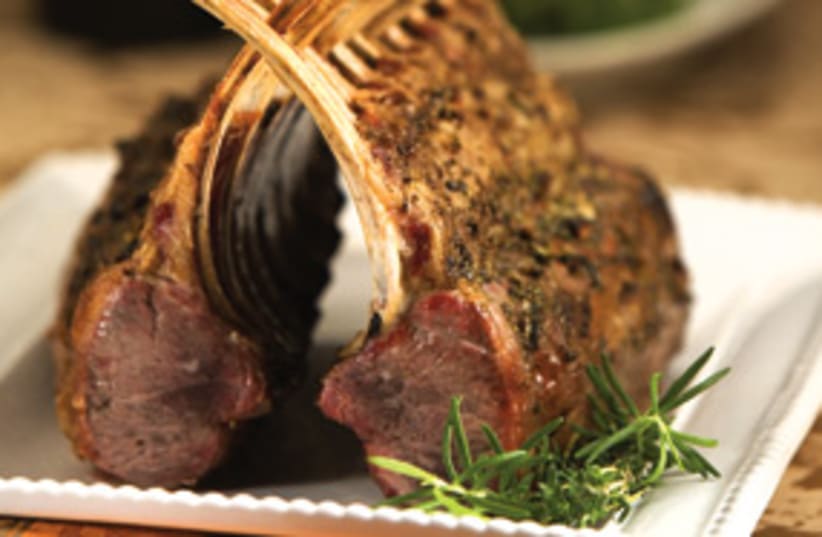Insha-Allah (God willing). And yes, yehi ratzon (same in Hebrew). I like to cover both bases.Named Best Ethnic Columnist inAmerica by New America Media, the writer is a Palestinian-Americancolumnist and peace activist. He can be reached at www.YallaPeace.com
Yalla Peace: Celebrating ‘Passter’
A taste of this combination of Passover and Easter at the Hanania household.

Insha-Allah (God willing). And yes, yehi ratzon (same in Hebrew). I like to cover both bases.Named Best Ethnic Columnist inAmerica by New America Media, the writer is a Palestinian-Americancolumnist and peace activist. He can be reached at www.YallaPeace.com